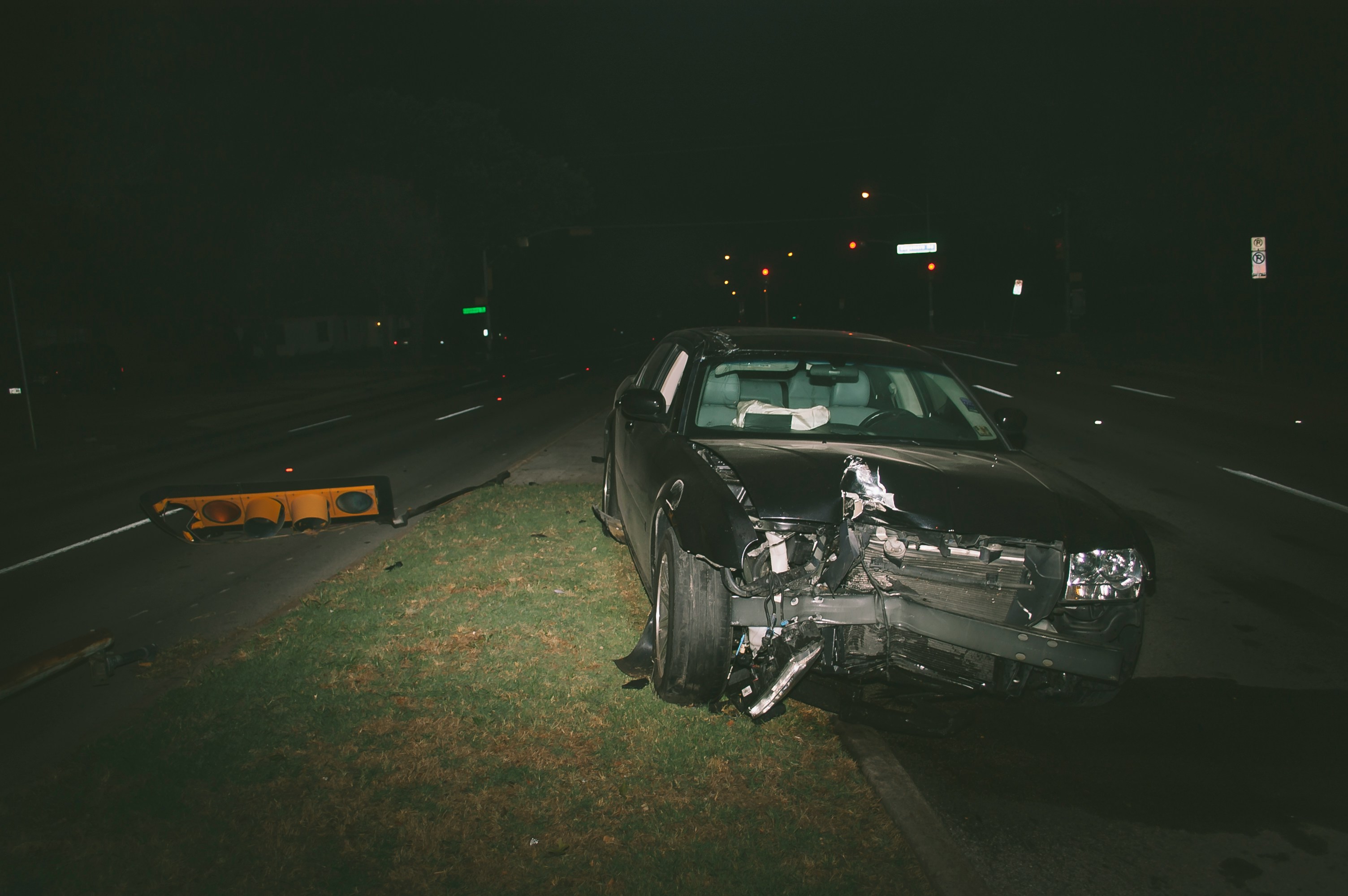Injury can lead to a great deal of extended trauma that includes both physical injuries and mental and emotional scars. Depending on how you were injured, you may be wondering if you need a personal injury lawyer. There are several factors to look at in making that decision, and after looking at those factors, if you are still unsure, you can meet with a personal injury lawyer to see if they think you need a lawyer. You may be thinking, “Of course they’ll say you need a lawyer.” However, many personal injury lawyers work on a contingency basis. This means they only get paid if you win, so they aren’t going to recommend taking your case if they do not believe there is a definite chance of winning. For example, if you are looking for personal injury lawyers in Albuquerque, you can call on the Davis Kelin Law Firm, which specializes in personal injury and medical malpractice cases throughout New Mexico. You can explain the circumstances that led up to your injury and the extent of your injuries, and you will be provided with a breakdown of why you do or do not have a case that could go to court. Here are some of the factors they will look at when reviewing your situation.
1. What caused the injury?
There is an unlimited number of potential causes for filing a case, from being involved in a car accident to slipping on a wet floor or getting hit by a substantial item that fell from a store shelf. The cause of the injury will be essential to whether or not you need a lawyer. You need to determine if the injury was caused by an individual or company directly or indirectly doing something wrong. An example of directly doing something wrong would include ignoring safety standards or traffic signs, thus causing an accident. An example of indirectly doing something wrong would include failing to post a warning sign about a wet floor or a tripping hazard ahead. Even if the company or individual didn’t intend to cause harm, failing to prevent injury is still their responsibility.

2. What is the extent of the injuries?
Did the injuries you sustain result in medical bills, hospital stays, surgery, ongoing care, loss of income, or other financial burdens? Are you having ongoing problems related to the incident? Ongoing issues may include mental and emotional problems that prevent you from living your normal life. Accidents and injuries can be highly traumatic and lead to crippling anxiety and depression. Any injury that prevents you from returning to the “normal” you had before the accident is the responsibility of the person or company that caused the accident. Some injuries may lead to ongoing physical pain, which needs to be diagnosed and treated professionally in order to verify and argue for a trial. For example, if your injury impacted your mouth, you may experience ongoing pain. An orofacial pain diagnosis will provide the care you need while strengthening your case.
3. What was your role in the injury?
While it may not seem fair, when lawyers get involved, both parties will also look at any role you had to play in the injury. For example, if you slipped and fell on a wet floor, were you on your phone, thus not noticing the floor was wet? If you were in a car accident, were you distracted, causing you not to see the person going left of center? The lawyers for the people or company you sue will attempt to place at least part of the blame on you, so your lawyer will consider your possible role immediately to head off that argument or to determine if the case is not viable to go to trial. On the other hand, if you are found to not have fault in the incident, it will significantly strengthen your case.




